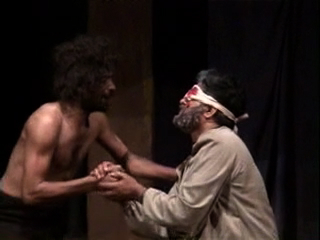I made a bucket list back in September 2012, which was just after I moved to my current home, and about a year before I moved to China to work for two years. It heralded a time when I wanted to try new things and embrace life for all it was worth. Here is that list copied here, with a bunch of things crossed off… a very exciting discovery for an afternoon on January 29th, 2017.
A growing list of things that would be cool to do before I die, but don’t desperately need to be done.
- Ride in a hot air balloon.
Go horseback riding. (At a fair gallop.)SPRING 2015Spelunking.MAY 2013, DEC 2014- Ziplining.
- Surfing.
- Scuba diving.
- Skydiving.
- Read The Lord of the Rings trilogy.
- Sew and make a bag or a piece of clothing.
- Knit something.
Learn martial arts, preferably Wing Chun.AUG 2015 – ?- Learn to play guzheng. Own a guzheng. (Chinese zither)
- See the Aurora Borealis. (Northern Lights)
Shoot firearms.FEB 2013 (a semi-automatic pistol and a revolver) JULY 2013 (a Chinese military surplus 1960s rifle)- Go to Europe: England, France, Holland, Germany, Switzerland, Austria, Poland, Sweden SUMMER 2017
- Go to Subsaharan Africa and see safari animals.
- Climb one or more of the following mountains: Kilimanjaro, Fuji, Matterhorn JULY 2017, Logan, Jiu Hua Shan, Tai Shan, E Mei Shan,
Doi Chiang DaoDEC 2014Huang ShanJULY 2015
Additionally, I also…
- Made my own jam JULY 2012
- Was in a wedding AUG 2012
- Drove a right-side steering car in Japan DEC 2012
- Welcomed a puppy into my life JAN 2013
- Ran the Tough Mudder MAY 2013
- Lived in Hangzhou, China JUL 2013-2015
- Travelled to these places in while away: Hefei, Wuzhen, North of Indonesia, Shanghai, Bangkok, Dali/Yunnan, Suzhou, Nanjing, Tongzhou, Winnipeg, Riding Mountain Ntl. Park, Maxville for the Glengarry Highland Games, Xi’an, Jiuzhaigou/Sichuan, Chengdu, Chiang Mai, Lijiang, Shangri-La, Lhasa/Tibet.
So that’s exciting. Except that I didn’t really do much new in 2016 beyond continuing with the Wing Chun classes.
Sometimes we try really hard to do new things, and sometimes we don’t even realize all the other great stuff that is happening right under our noses. May we be ever more aware.


